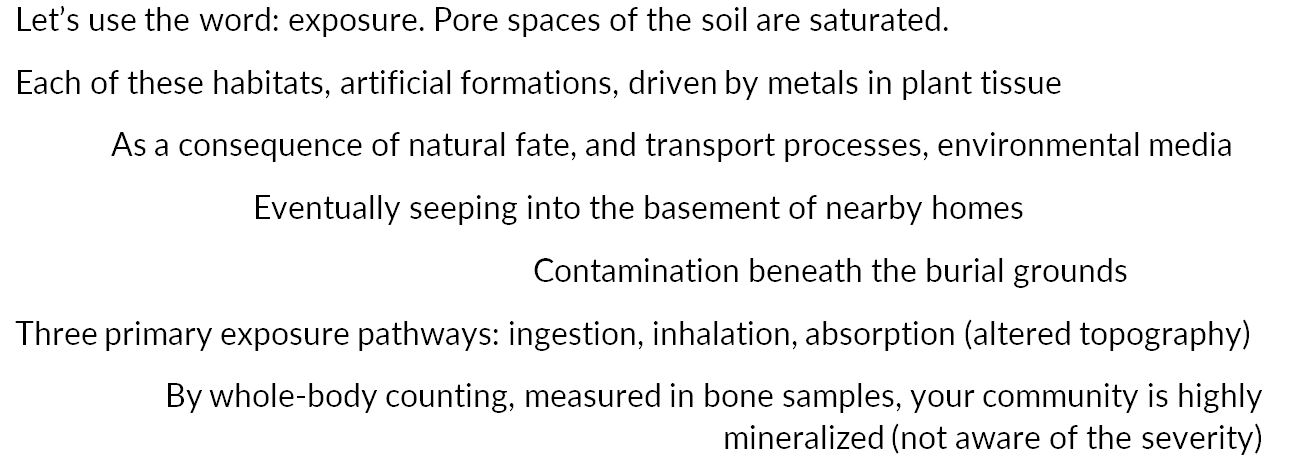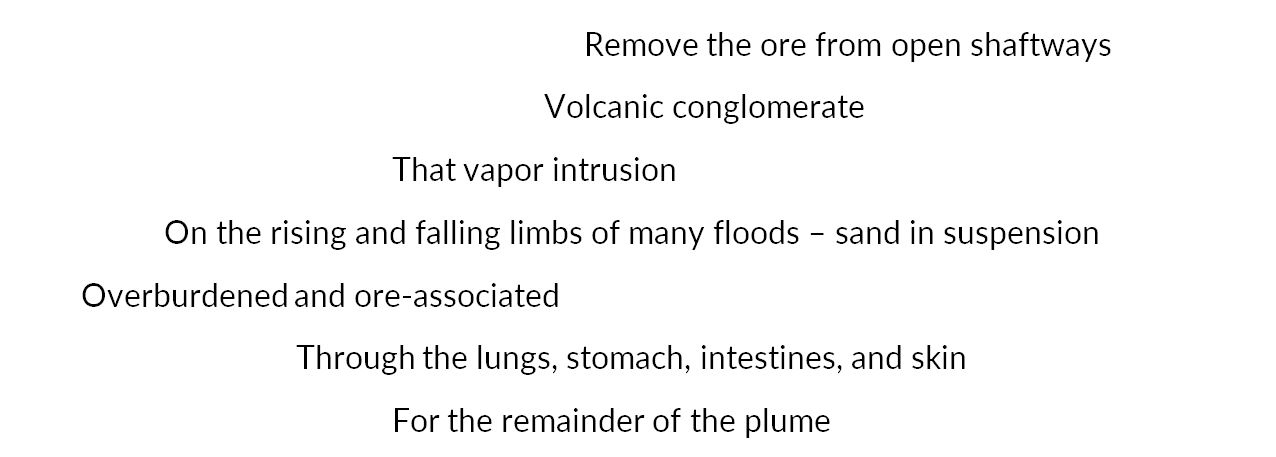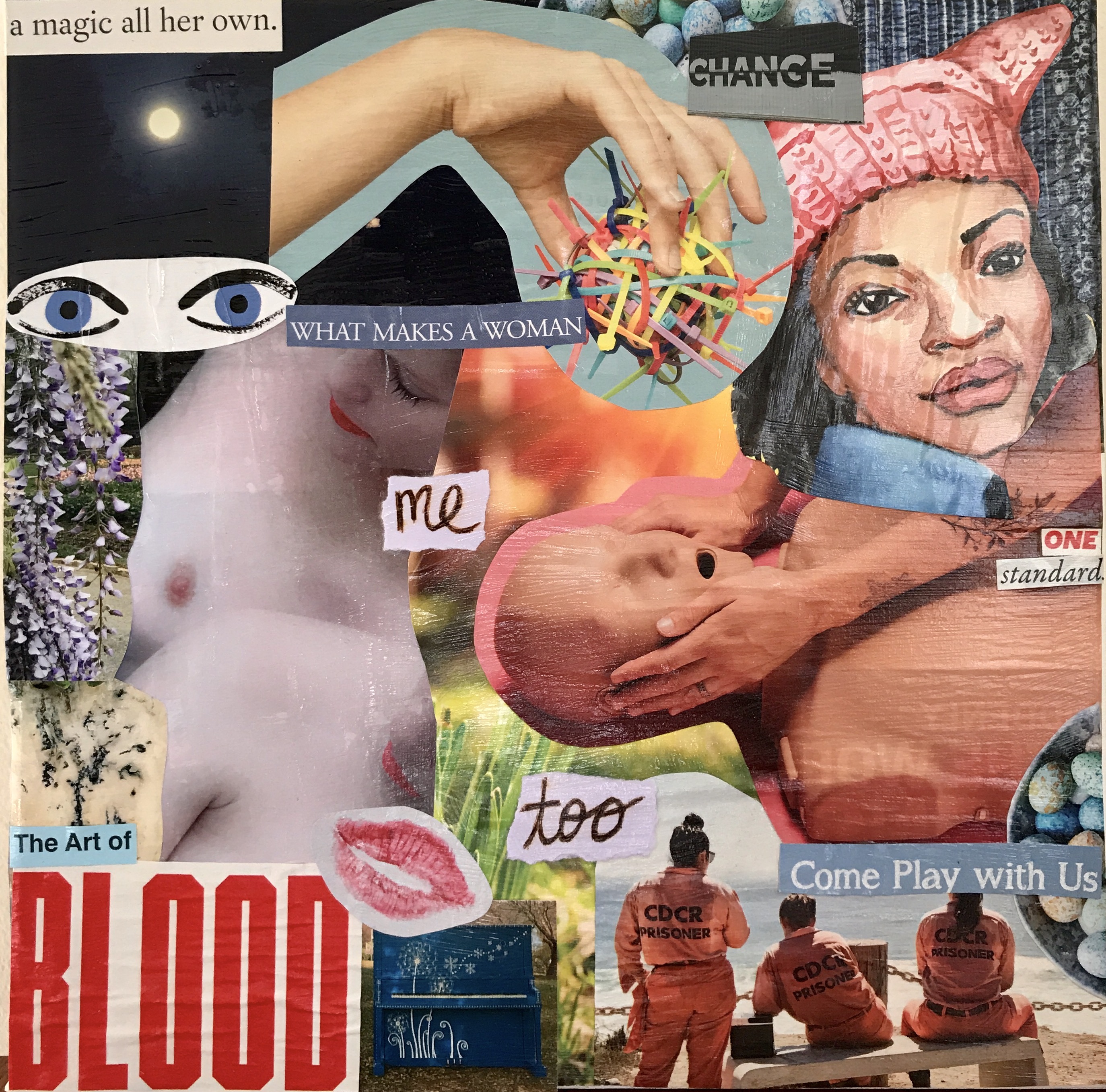Fire is a living being. You can kill it.
Fire is wild, a devouring beast,
insatiable, like hell, or avarice.
It licks, snatches, filches. It plays.
Fire flies up like a red cock – glitters
with seeds of gold. It travels. It flows.
In Holstein, when a fire breaks out
people call it “hot rain.”
There was a time when fire was unknown.
Fire belonged to the gods.
An eagle – or a little bird –
carried a fierce coal from heaven.
Fire is holy. Fire leaps
out of earth like a fountain.
Fire, like water, is alive.
It eats the land clean.
Source: Teutonic Mythologie written by Jacob Grimm (1785 – 1863) and translated into English by James Steven Stallybrass (1826–1888). Volumes 2 and 4.
Method: In a process similar to erasure, I lifted text fragments and arranged them in the same order in which they appeared on the original page of text. The fragments were placed in couplets and in some cases re-written to tighten up or expand on the language in the original text.
Ariana Kramer is a freelance writer based in Taos, New Mexico. Her poetry reflects her appreciation for the natural world and the inner landscape, often incorporating elements from mythology and fairy tales. Her work has been recently published by The Poetry Box and Taos Journal of International Poetry and Art.



